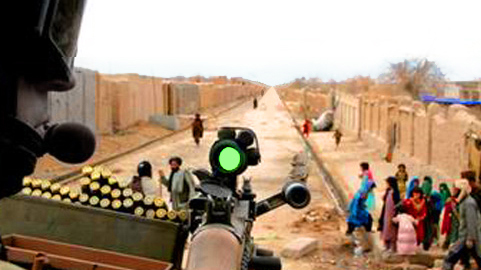From Kathy Kelly in Kabul:
While the US may be the world’s single super power in military terms, it faces another super power: the voices of war-weary millions who detest violence and killing. In Afghanistan, in the United States, and among the populations of countries whose governments have joined the NATO coalition, millions of people are calling for an end to war in Afghanistan.
On New Year’s Day, 01/01/11, people around the world are invited to raise their voices, through Facebook, Twitter, Free Conference calls, Skype, and blogs at several websites in a massive refusal to accept the Afghanistan war any longer. Let your New Year’s resolution be to stand for the people and end wars by sending a digital or spoken peacemaking message to people in Afghanistan. By amassing millions of messages calling for peace, we can create yet another indication that ordinary people within and beyond Afghanistan have had enough of war.



